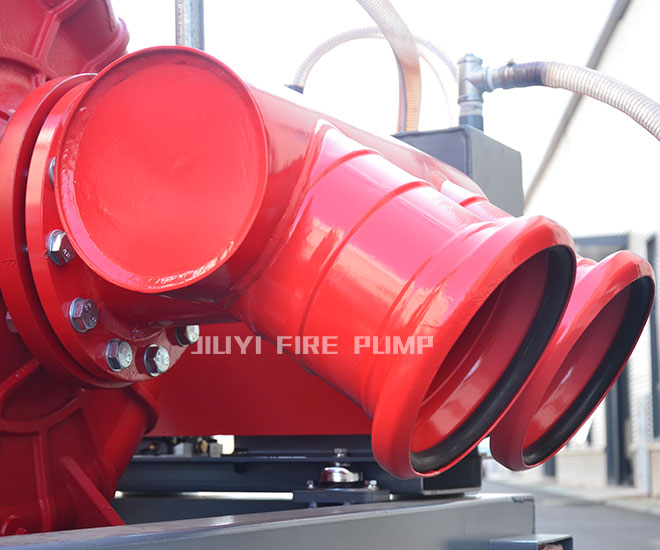
When selecting equipment for fire protection systems, certifications play a crucial role in ensuring reliability, safety, and compliance. Two of the most recognized certifications in the industry are UL (Underwriters Laboratories) and FM (Factory Mutual). While both signify high standards, understanding their differences and applications can help you decide which is better for your needs.
UL certification focuses on product safety and performance. It is issued by Underwriters Laboratories, an independent organization that tests and certifies products to meet safety standards.
Key Features of UL Certification:
Ensures the product meets safety and performance benchmarks.
Widely recognized in North America and internationally.
Covers a broad range of fire protection equipment, including fire pumps, sprinklers, and alarm systems.
UL-listed products are rigorously tested under controlled laboratory conditions.
FM certification is provided by FM Approvals, a division of FM Global. It emphasizes both safety and loss prevention, with a strong focus on risk mitigation.
Key Features of FM Certification:
Focuses on products that reduce property loss and business interruptions.
Recognized globally, particularly in industrial and commercial sectors.
Tests include performance under real-world conditions and environmental stress.
FM-approved products must meet stringent quality and reliability standards.
| Aspect | UL Certification | FM Certification |
|---|---|---|
| Focus | Safety and performance | Safety, performance, and risk reduction |
| Testing Conditions | Laboratory-controlled tests | Real-world and environmental stress tests |
| Geographical Reach | North America and international recognition | Global, with a strong presence in industrial sectors |
| Scope | Broad range of consumer and industrial products | Specialized focus on risk mitigation for property loss |
The choice between UL and FM certification depends on your specific needs and project requirements:
For Compliance with Local Codes:
UL certification is often required for compliance with local and national fire codes, especially in North America.
For Industrial Applications:
FM certification is preferred for projects where risk mitigation and loss prevention are priorities, such as in manufacturing facilities and large industrial plants.
For Global Projects:
Both certifications are widely accepted internationally. However, FM certification might hold more weight in industries focused on minimizing operational risks.
For Product Availability:
Ensure the selected product meets the required certification for your jurisdiction and application.
Both UL and FM certifications represent rigorous testing and high standards, but their focus areas and applications differ. UL certification is ideal for general safety compliance, while FM certification is better for projects emphasizing risk management and property loss prevention. Evaluating the specific needs of your fire protection system will guide you in selecting the most appropriate certification. For more advice on certified fire protection equipment, contact our team or explore our website.